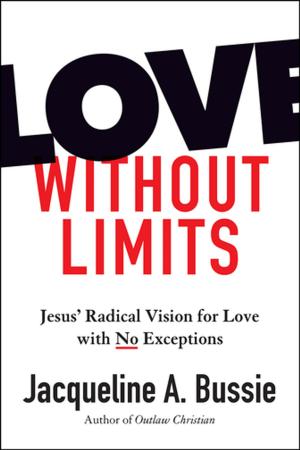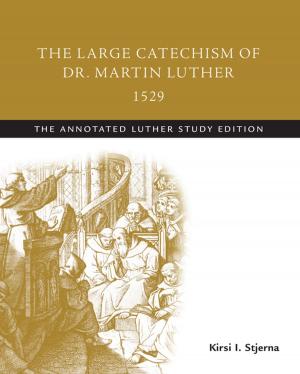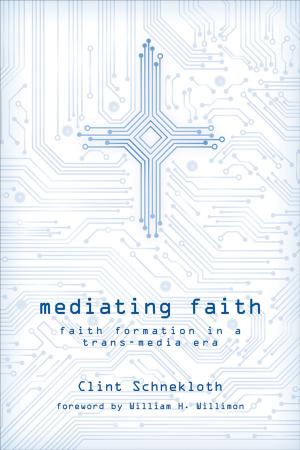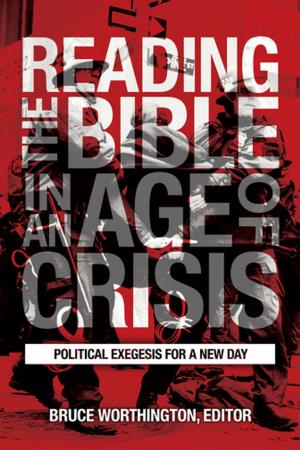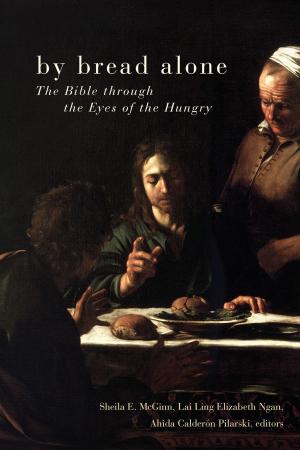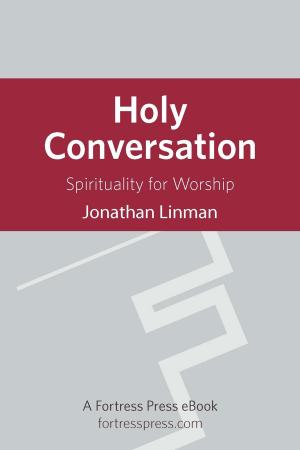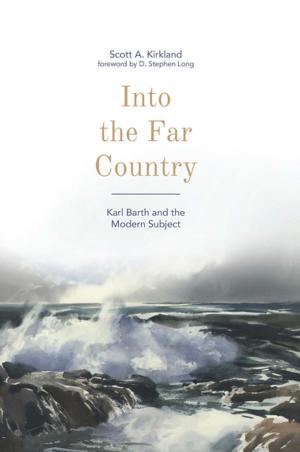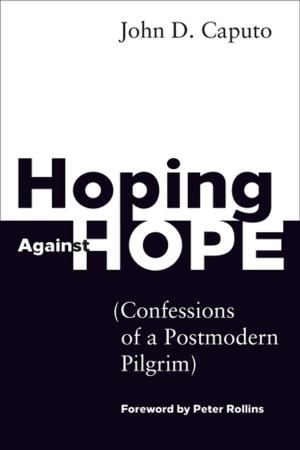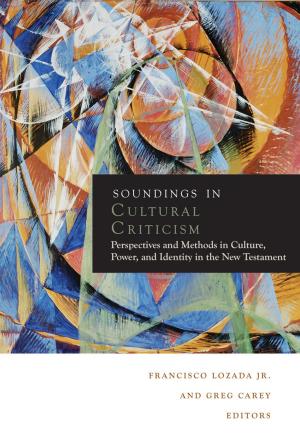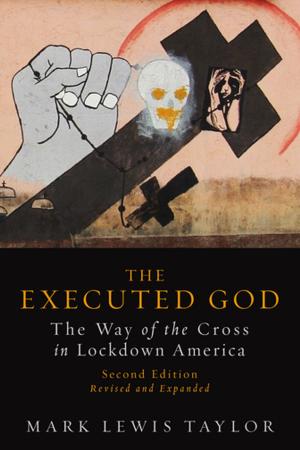Election of the Lesser Son
Paul's Lament-Midrash in Romans 9-11
Nonfiction, Religion & Spirituality, Bible & Bible Studies, New Testament, Study, Criticism & Interpretation| Author: | David R. Wallace | ISBN: | 9781451487510 |
| Publisher: | Fortress Press | Publication: | September 1, 2014 |
| Imprint: | Fortress Press | Language: | English |
| Author: | David R. Wallace |
| ISBN: | 9781451487510 |
| Publisher: | Fortress Press |
| Publication: | September 1, 2014 |
| Imprint: | Fortress Press |
| Language: | English |
God chooses Israel (salvation “first to the Jew and then the gentile”), but without showing favoritism? Paul genuinely grieves for Israel as one speaking “in” Christ, yet prays to be cursed, cut off from Christ? Romans 9–11 remains one of the most difficult and contested biblical texts in scholarship today. Theological discussions often limit the focus of this passage to God’s sovereignty, emphasizing that God’s mind is not known, or to Paul’s defense of God’s faithfulness, insisting that Israel has failed. Less attention has been devoted to Paul’s unique form and style, which, rightly understood, resolve significant issues, revealing the merciful and wise character of God in his choice of Jacob, the lesser son.
David R. Wallace demonstrates how Paul weaves two distinct Jewish literary forms together––lament and midrash—into a logical narrative concerning Israel’s salvation. Attention is given to Paul’s poetical structures, key literary terms, and use of Old Testament contexts. The result is new insight into the meaning of the letter, and into the theology of Paul.
God chooses Israel (salvation “first to the Jew and then the gentile”), but without showing favoritism? Paul genuinely grieves for Israel as one speaking “in” Christ, yet prays to be cursed, cut off from Christ? Romans 9–11 remains one of the most difficult and contested biblical texts in scholarship today. Theological discussions often limit the focus of this passage to God’s sovereignty, emphasizing that God’s mind is not known, or to Paul’s defense of God’s faithfulness, insisting that Israel has failed. Less attention has been devoted to Paul’s unique form and style, which, rightly understood, resolve significant issues, revealing the merciful and wise character of God in his choice of Jacob, the lesser son.
David R. Wallace demonstrates how Paul weaves two distinct Jewish literary forms together––lament and midrash—into a logical narrative concerning Israel’s salvation. Attention is given to Paul’s poetical structures, key literary terms, and use of Old Testament contexts. The result is new insight into the meaning of the letter, and into the theology of Paul.


